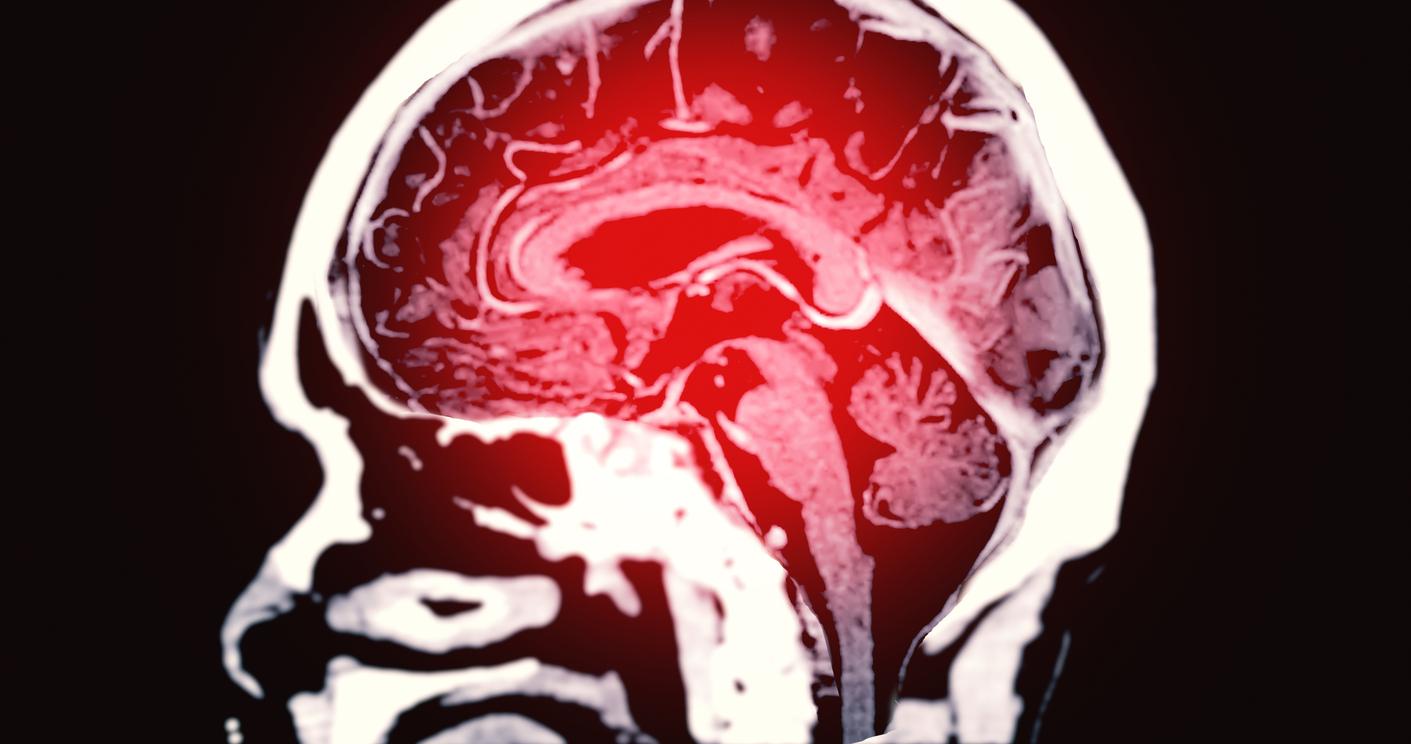The risk of suffering from cardiovascular disease, specifically heart attack and stroke, increases in the months following a gout attack.

- Before the age of 65, gout is four times more common in men than in women.
- This disease can be caused by other pathologies, taking certain medications, genetic factors, age-related or eating and/or sedentary behavior.
Gout is a chronic disease that is manifested by the appearance of joint inflammatory flare-ups. When a gout attack occurs, the patient suffers from joint pain, tingling, limitation of mobility, fever and some chills. According to researchers at the University of Nottingham (England), these outbreaks double the risk of having a heart attack or stroke in the weeks that follow.
62,574 patients affected by gout
To reach this conclusion, the scientists conducted a study published in the journal JAMA. As part of this work, they looked at whether there was a temporary increase in the risk of heart attack or stroke after a recent gout attack. For this, the team used data from 62,574 gout sufferers.. “Relapses were determined from hospitalization records, outpatient primary care records, and prescriptions,” can we read in the searches.
A gout attack within 60 days of the cardiac event
According to the results, 10,475 adults suffered a heart attack or stroke after diagnosis of gout, while other participants with the same age, sex and similar duration of illness did not. no known such cardiovascular events.
According to the authors, patients who suffered from a heart condition were twice as likely to have had a gout attack in the 60 days preceding the event. They also had a significantly higher risk of gout flares in the previous 61 to 120 days. “These results suggest that gout flares are associated with a temporary increase in cardiovascular events after flares,” the team said.
“Adopt a healthy lifestyle”
“People with recurrent gout attacks should be treated long-term with uric acid crystal reducing medications. This is a reliable way to remove urate crystal deposits and prevent flare-ups. Consideration should also be given to concomitant treatment with anti-inflammatory drugs.(…) Patients should also be encouraged to adopt a healthy lifestyle with appropriate treatment for conditions, such as high blood pressure, hypercholesterolemia, ‘obesity and diabetes’, said Abhishek Abhishek, author of the study, in a statement.
















